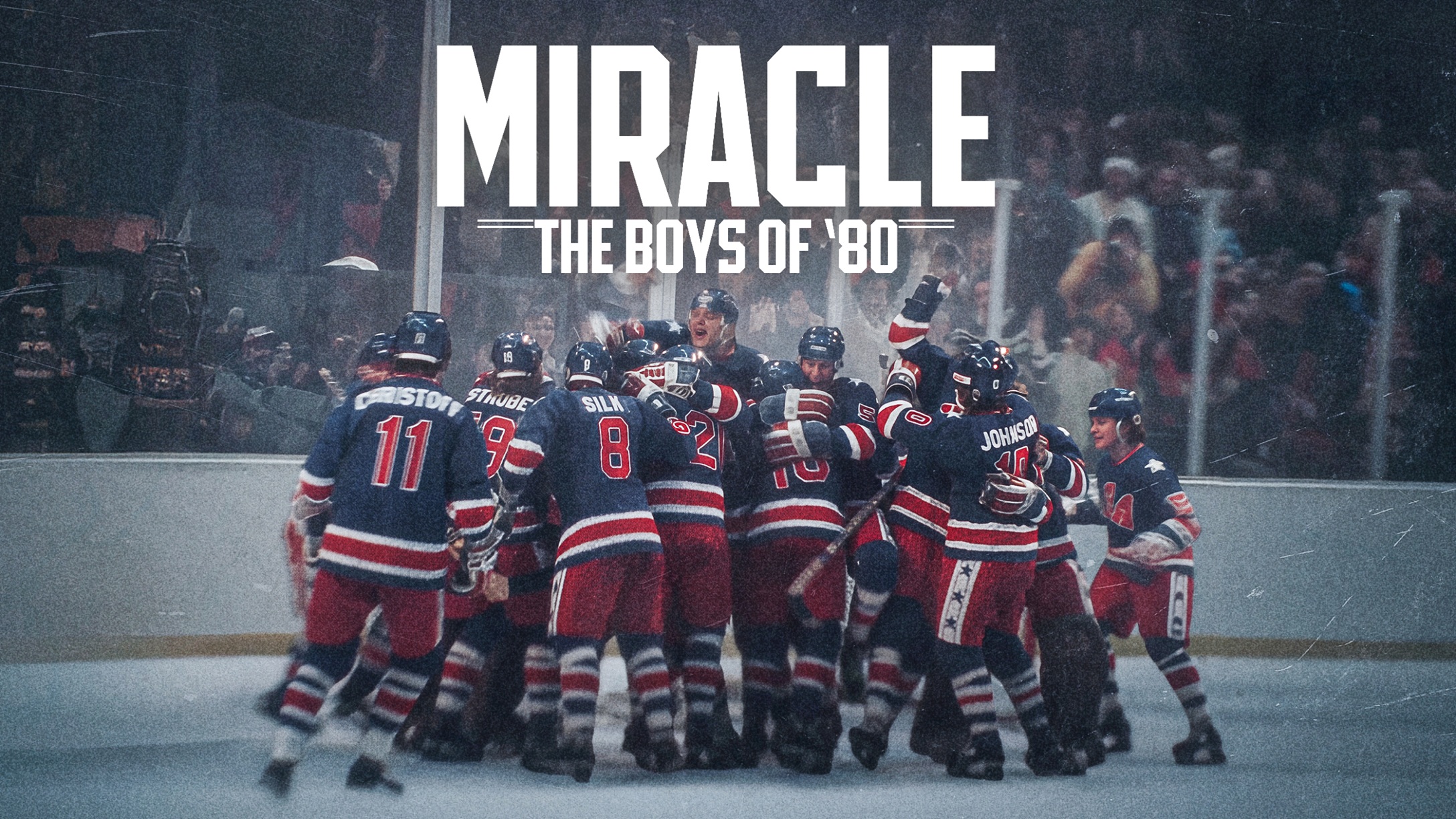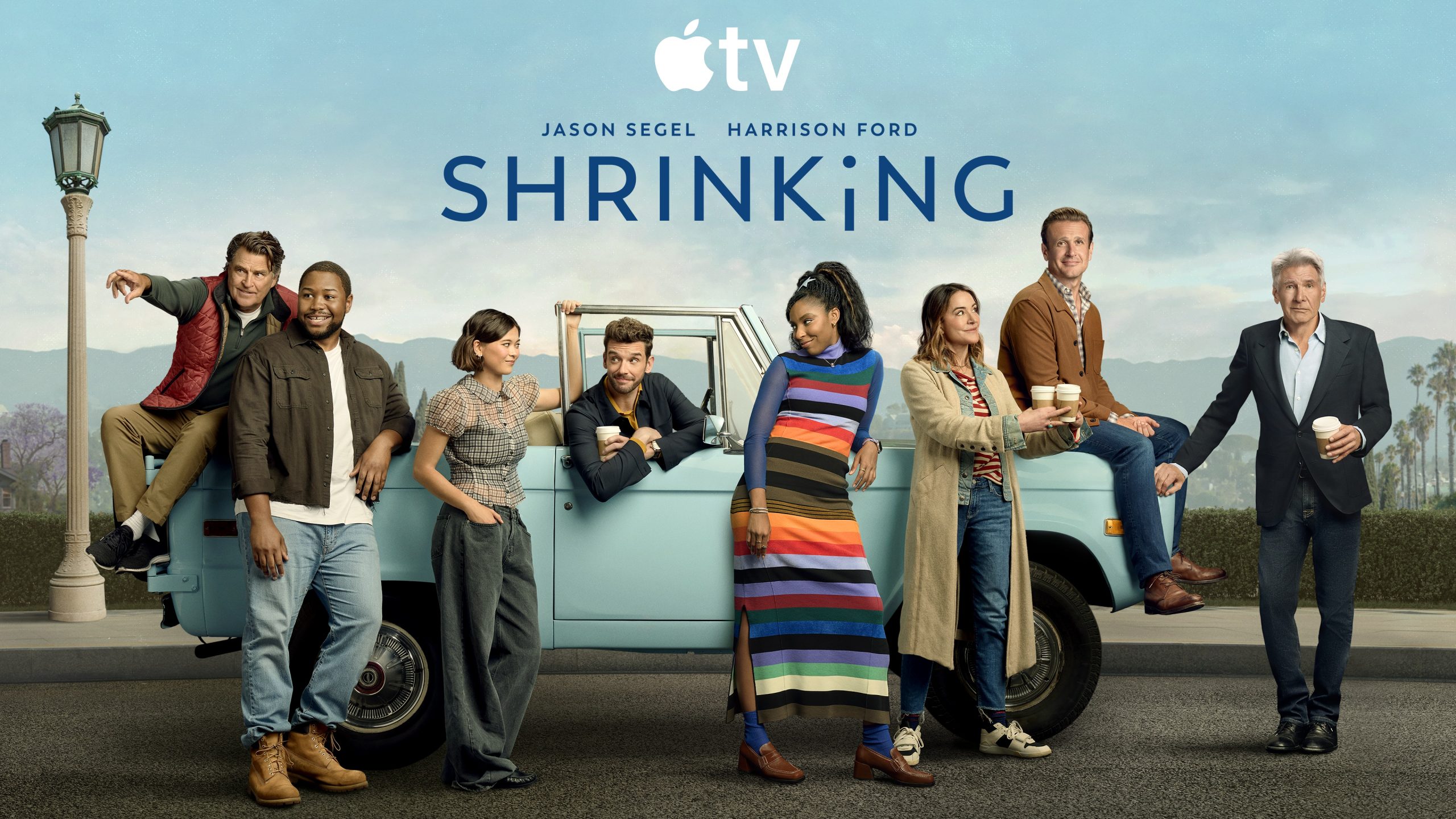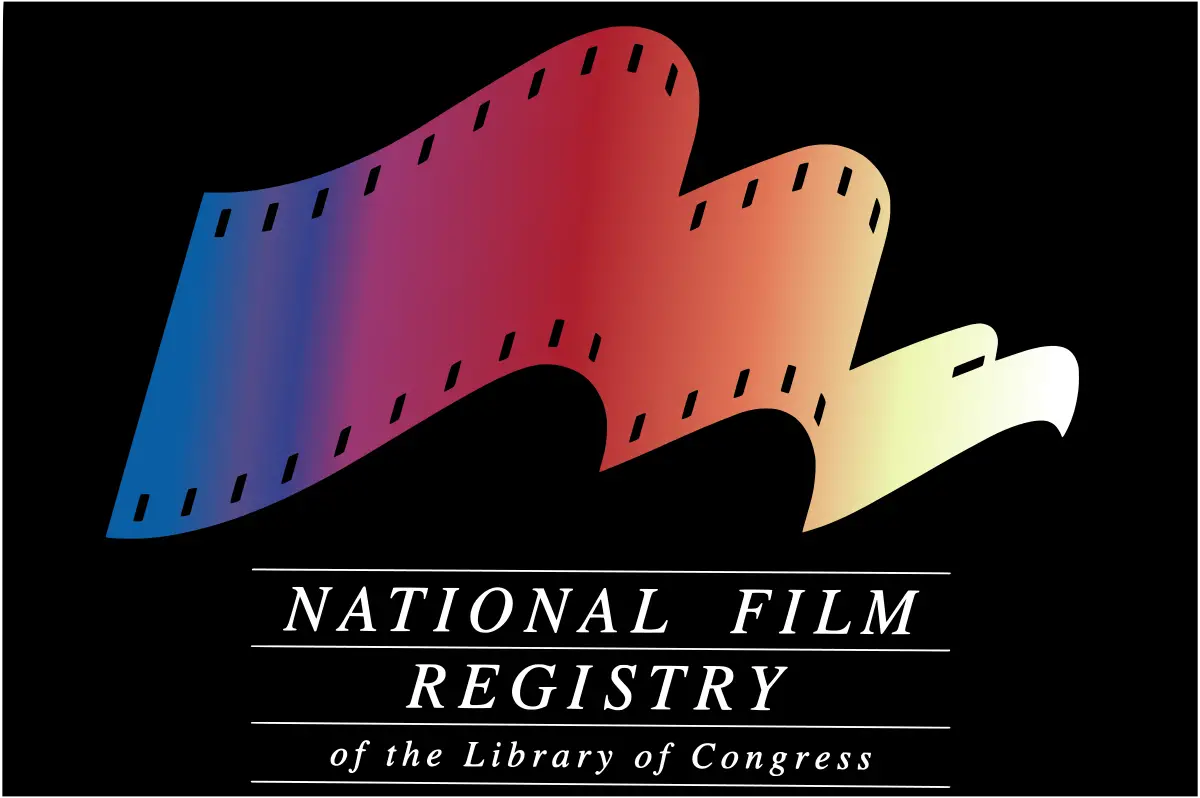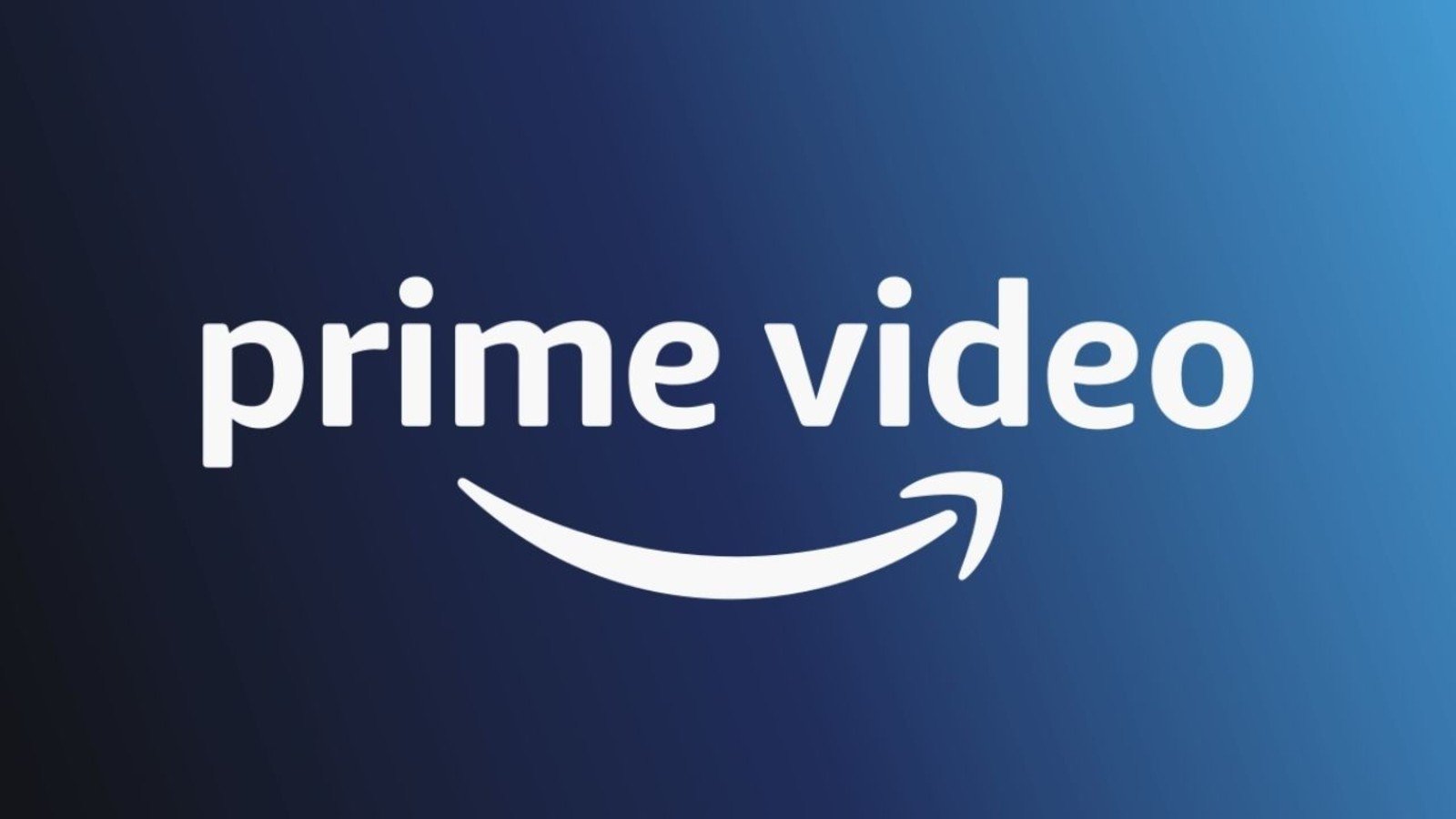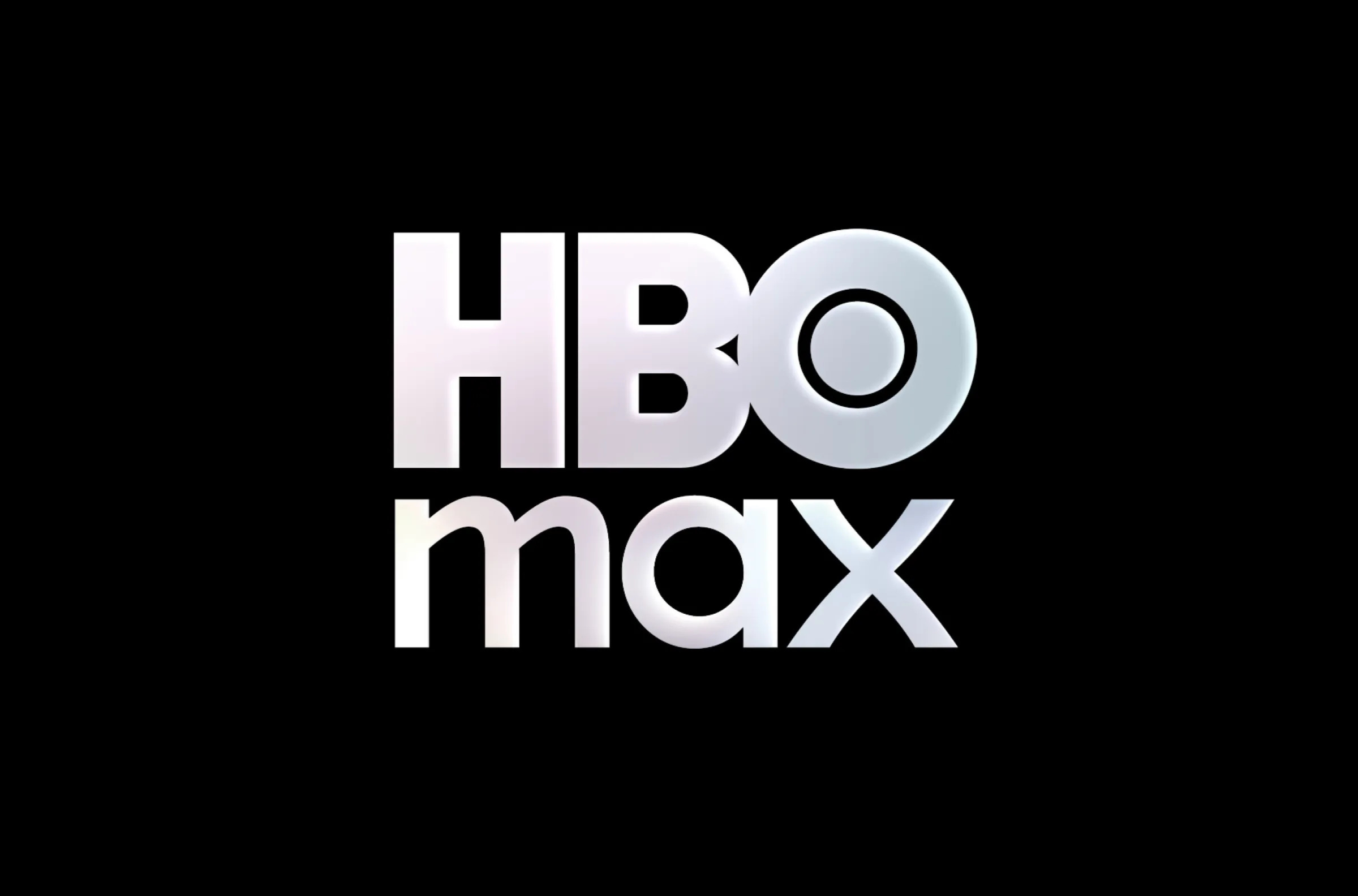
The magical celebration of cinema that is the Oscar-winning Hugo marked a substantial departure for filmmaker Martin Scorsese.
Hugo is based on The Invention of Hugo Cabret by Brian Selznick, a cousin of David O. Selznick. The gist of the film is that 14-year-old Hugo Cabret (Asa Butterfield) is living in Paris with his father in 1931. His father had found a broken automaton and the two work to repair it until Hugo’s dad dies in a fire. This forces the teenager to move in with Uncle Claude, who maintains the clocks at the Gare Montparnasse railway station. Claude ends up missing so Hugo manages to maintain the clocks. But anyway, the broken automaton isn’t the only mystery at hand. Pioneering filmmaker Georges Méliès (Ben Kingsley) also plays a role in the story. The role becomes bigger after Hugo forges a friendship with Georges’s goddaughter, Isabelle (Chloë Grace Moretz).
On the outside looking in, one might think of Georges Méliès as a shopkeeper. The truth is bigger than this because he is a pioneering filmmaker. When Isabelle and Hugo find a book at the Film Academy Library, it changes everything. They find the author, René Tabard (Michael Stuhlbarg), and he brings a copy of a film to the Méliès home. After learning what happened to Méliès, Hugo realizes the mystery behind the automaton. One thing leads to another but Station Inspector Gustave Dasté chases him. There’s a good bet that you know what happens next because you could not make this film without giving it a happy ending.
In terms of history, they mostly get it right. You probably already know how it is with these films–something is almost always wrong. In this instance, the film doesn’t really mention the family of Méliès aside from his wife.
When Hugo was first released ten years ago, it marked one of the few times in which Martin Scorsese’s daughter could watch one of his films. If you took one look at Scorsese’s filmography, this one would stand out like a needle in a haystack. It’s a film about magic and adventure rather than his typical crime dramas. In other words, this is a film that families can watch.
The eleven Oscar nominations were the most for any films nominated that year. Hugo would ultimately win five of them for cinematography, art direction, sound mixing, sound editing, and visual effects. Even though the film did well with critics and awards, it didn’t do so well at the box office. Back in 2011, every studio was into releasing their films in 3D. This one is no exception. The 3D conversion adds onto the production budget so the film the $185 box office gross is considered a failure despite the $150-170 million budget. A decade later, there are still films being made in 3D but nowhere near as many as there were ten years ago. Progress!
Producer Graham King reflected on the box office woes in early February 2012.
“Budget wise, there just wasn’t enough prep time and no one really realized how complicated doing a 3-D film was going to be. I went through three line producers because no one knew exactly what was going on. Do I still think it’s a masterpiece that will be talked about in 20 years? Yes. But once the schedule started getting out of whack, things just spiraled and spiraled and that’s when the avalanche began.”
There was a lot of competition during Thanksgiving weekend and the weeks to come. I can’t necessarily blame him for feeling the way he does. It isn’t an understatement to say that everyone was pushing for 3D releases as a result of Avatar‘s success. It was the major gimmick of the day and it took away screens from other films.
Ten years later, Hugo is still a magical film even if it’s the type of movie that studios don’t take much of a risk on during this new era of filmmaking.
DIRECTOR: Martin Scorsese
SCREENWRITER: John Logan
CAST: Ben Kingsley, Sacha Baron Cohen, Asa Butterfield, Chloë Grace Moretz, Ray Winstone, Emily Mortimer, with Jude Law
Paramount released Hugo in theaters on November 23, 2011.
Please subscribe to Solzy at the Movies on Substack.
